Home

Conception

A Guide to Precautions After Ovulation When Trying to Conceive
In this Article
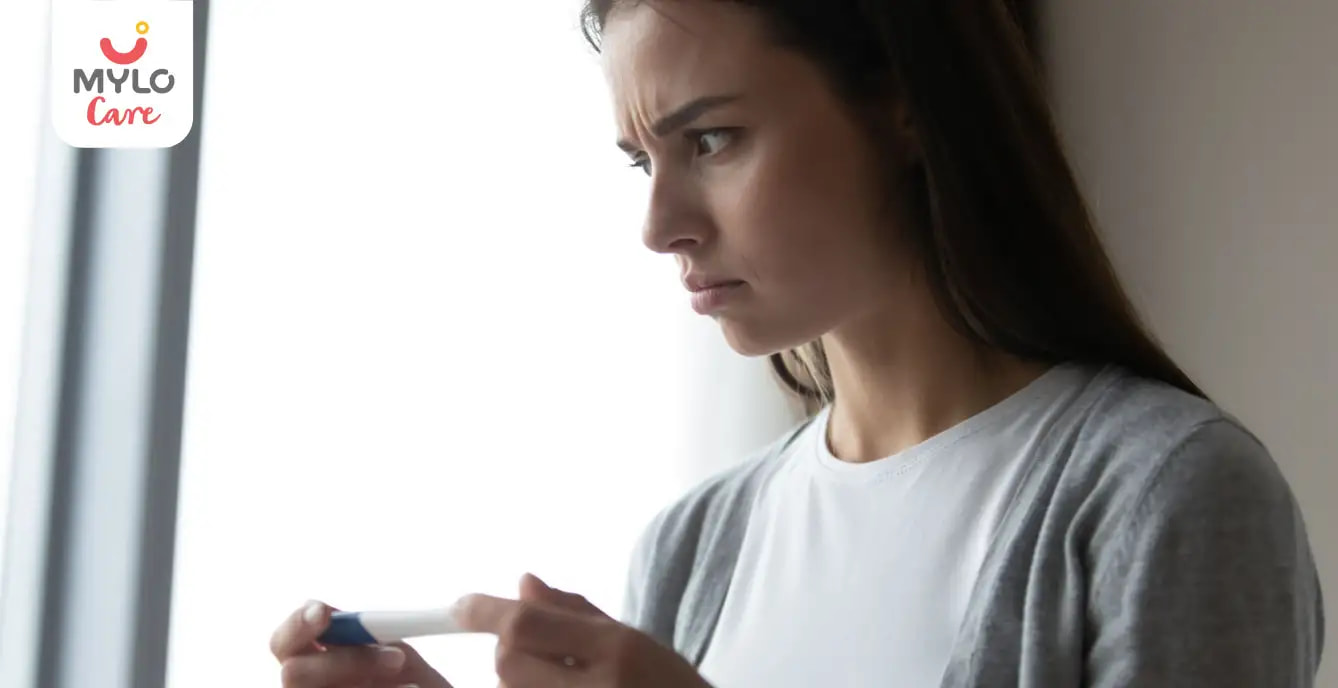
Conception
A Guide to Precautions After Ovulation When Trying to Conceive
Updated on 29 December 2023
For couples who are trying to conceive, the period after ovulation holds great significance. It's a crucial time when the body prepares itself for the possibility of pregnancy. While the journey to parenthood can be exciting, it's also filled with uncertainties and questions. Many couples wonder about precautions after ovulation when trying to conceive.
In this article, we will explore the precautions that can be taken after ovulation to maximize the chances of successfully conceiving a baby. Whether you're just starting on your conception journey or have been trying for some time, this guide will provide you with valuable insights and practical tips to navigate the post-ovulation phase.
Science behind ovulation and fertility
When a couple is trying to conceive, understanding the science behind ovulation and fertility is crucial. Ovulation is the process in which a mature egg is released from the ovary and is ready to be fertilized by sperm. This usually occurs around the middle of a woman's menstrual cycle.
Fertility, on the other hand, refers to the ability to conceive and carry a pregnancy to term. It is important to note that the egg is only viable for about 24 hours after ovulation, while sperm can survive in the female reproductive system for up to 5 days. Therefore, timing intercourse correctly, especially after ovulation, is essential for increasing the chances of conception.
You may also like: Ovulation: The Key to Maximizing Your Chances of Conception and Pregnancy
Why is the time after ovulation so important?
The time after ovulation is crucial for couples trying to conceive because it is during this period that the egg is either fertilized or not. If fertilization does not occur, the egg dissolves and is shed during menstruation. Understanding this window of opportunity is essential for maximizing the chances of conception.
It is important to note that the sperm can survive in the female reproductive system for up to 5 days, so having intercourse in the days leading up to ovulation and after ovulation can increase the chances of fertilization.
You may also like: The Best Times for Sexual Intercourse After Ovulation
10 Do's and Don'ts After Ovulation to Get Pregnant
Now, let us understand some precautions after ovulation when trying to conceive:
1. Do track your basal body temperature (BBT)
Tracking your basal body temperature (BBT) can provide valuable information about your menstrual cycle and ovulation. After ovulation, there is a slight increase in BBT due to the release of progesterone. By consistently tracking your BBT, you can identify patterns and determine the best time to try to conceive.
2. Don't smoke or consume alcohol excessively
If you’re wondering what to avoid after ovulation to get pregnant, then smoking and excessive alcohol consumption are two big Nos. They can reduce sperm count, affect sperm quality, disrupt hormone production, and impair the ability of the fertilized egg to implant in the uterus. It is advisable to quit smoking and limit alcohol intake if you are trying to conceive.
3. Do maintain a healthy lifestyle
Maintaining a healthy lifestyle is crucial for increasing the chances of conception. This includes eating a balanced diet, exercising regularly, getting enough sleep, and managing stress. A healthy lifestyle can optimize fertility and promote overall well-being.
4. Don't engage in vigorous physical activities
While regular exercise is important for overall health, engaging in vigorous physical activities immediately after ovulation may not be advisable. Intense workouts can increase body temperature and potentially affect the viability of the egg. It is recommended to opt for moderate exercise during this time.
5. Do continue taking prenatal vitamins
Prenatal vitamins contain essential nutrients like folic acid, iron, and calcium, which are important for a healthy pregnancy. It is recommended to continue taking prenatal vitamins even after ovulation to ensure your body has an adequate supply of these nutrients in case conception occurs.
6. Don't douche or use scented products
Douching or using scented products in the vaginal area can disrupt the natural pH balance, irritate the delicate tissues, and potentially harm sperm. It is best to avoid these practices after ovulation to create a conducive environment for sperm survival and transportation.
7. Do monitor your cervical mucus
Cervical mucus changes throughout the menstrual cycle and understanding these changes can help in determining the fertile window. After ovulation, cervical mucus tends to become thicker and stickier. Monitoring these changes can aid in identifying the most fertile days for conception.
8. Don't stress excessively about conception
Stress can negatively impact fertility by affecting hormone levels and disrupting the menstrual cycle. While trying to conceive can be an emotional journey, it is important to manage stress levels and find healthy coping mechanisms. Engaging in relaxation techniques, such as meditation, yoga, or mindfulness, can be beneficial during this time.
9. Do have regular, timed intercourse
Having regular, timed intercourse during the days leading up to ovulation and after ovulation can significantly increase the chances of conception. It is recommended to have intercourse every 1-2 days during this period to ensure sperm availability when the egg is released.
10. Don't get discouraged
Remember that conceiving may take time, and it is important not to get discouraged if it doesn't happen right away. It is normal for healthy couples to take several months to conceive. If you have been actively trying for more than a year without success, it may be advisable to consult a healthcare professional for further guidance.
Make sure to keep in mind and follow these dos and don’ts after ovulation to get pregnant.
Final Thoughts
Understanding the precautions after ovulation when trying to conceive is essential for maximizing the chances of conception. By tracking ovulation, maintaining a healthy lifestyle, and understanding what to avoid after ovulation to get pregnant, couples can optimize their fertility and increase the likelihood of getting pregnant. Remember to stay positive, be patient, and seek support if needed.
References
1. Kedzior SGE, Bianco-Miotto T, Breen J, Diener KR, Donnelley M, Dunning KR. (2019). It takes a community to conceive: an analysis of the scope, nature and accuracy of online sources of health information for couples trying to conceive
2. Fowler JR, Jenkins SM, Jack BW. (2023). Preconception Counseling. In: StatPearls [Internet]. Treasure Island (FL): StatPearls Publishing



Written by
Anandita Sharma
Drawing on more than a decade of expertise in administration, Anandita Sharma currently serves as a content operations e
Read MoreGet baby's diet chart, and growth tips

Related Articles
RECENTLY PUBLISHED ARTICLES
our most recent articles

Tight Vagina and Women's Health: An In-Depth Guide
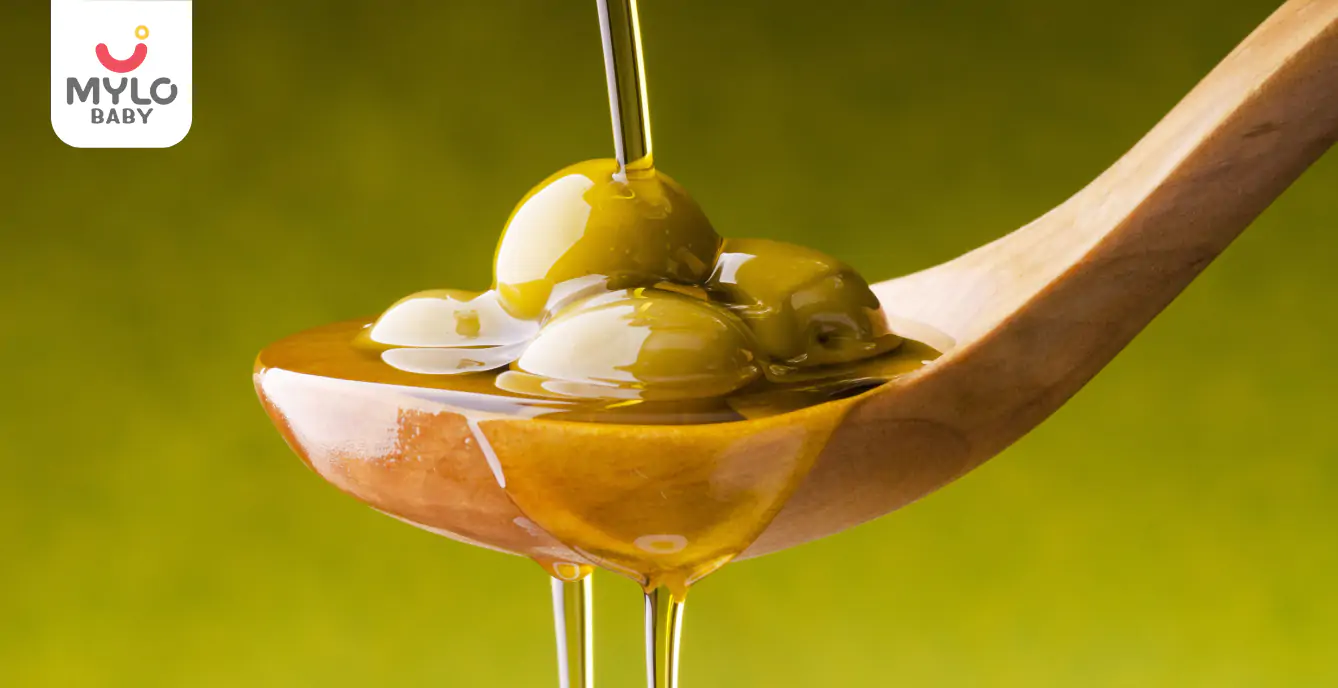
Baby Massage
The Ultimate Guide to Using Olive Oil for Baby Massage
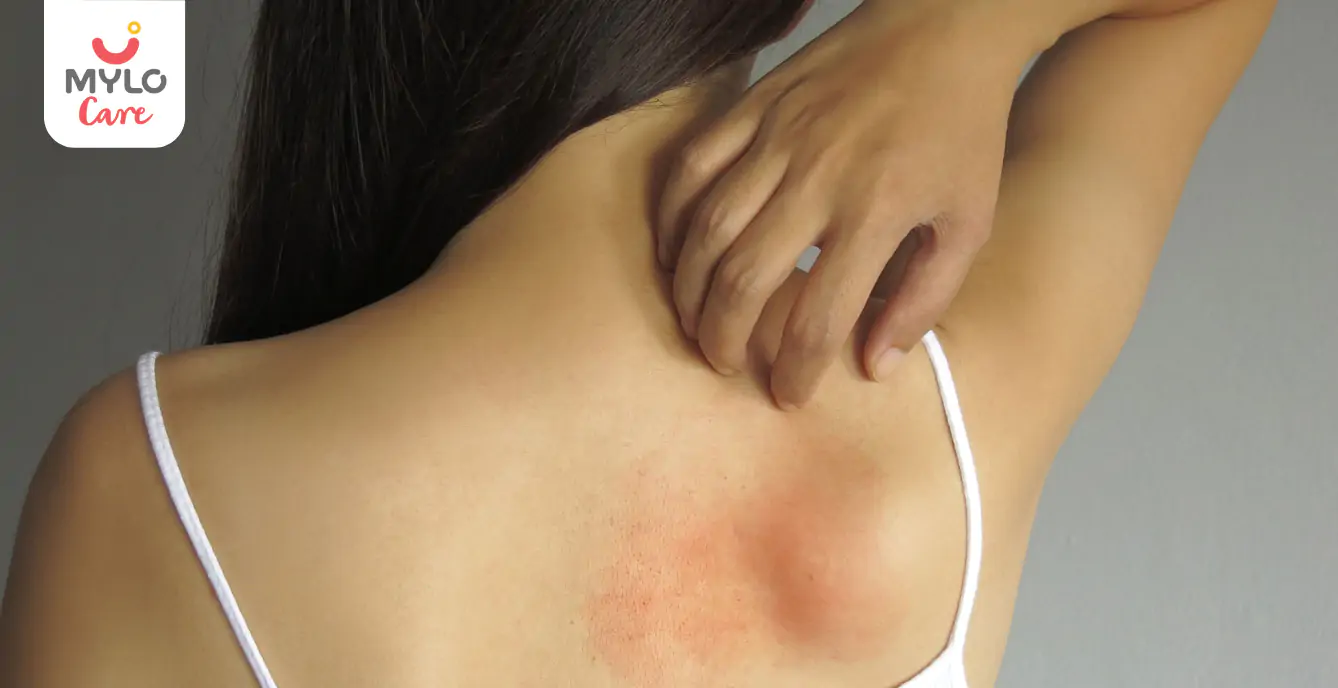
Heat Rash During Pregnancy: Causes, Symptoms and Prevention
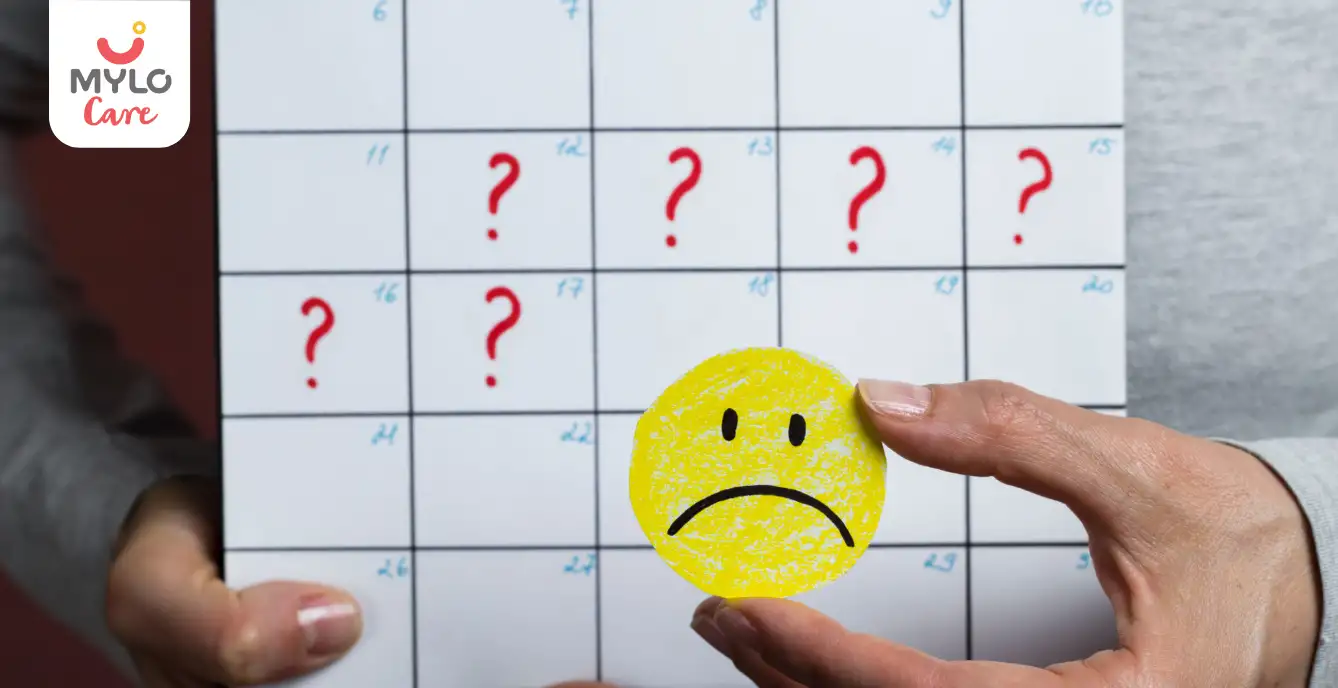
Periods
The Ultimate Guide to Understanding the Reasons for Late Period
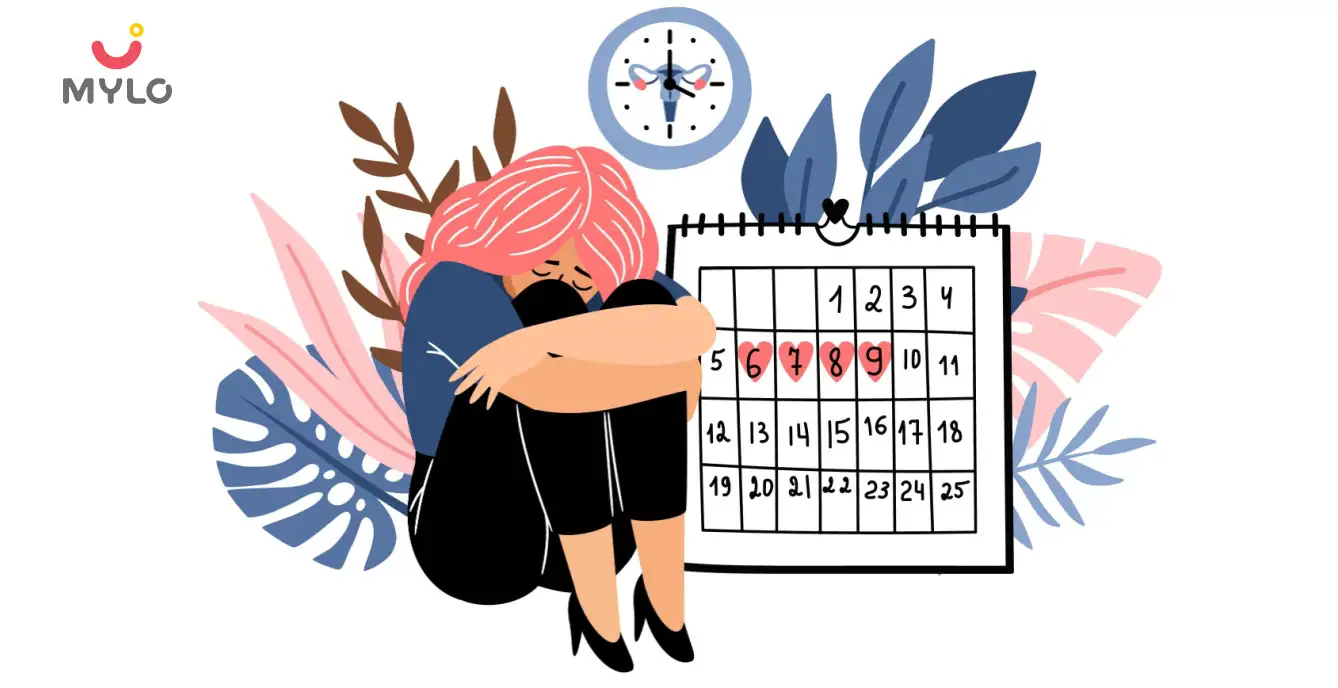
Menstrual Cycle
What Can Be the Maximum Delay in Periods If Not Pregnant?
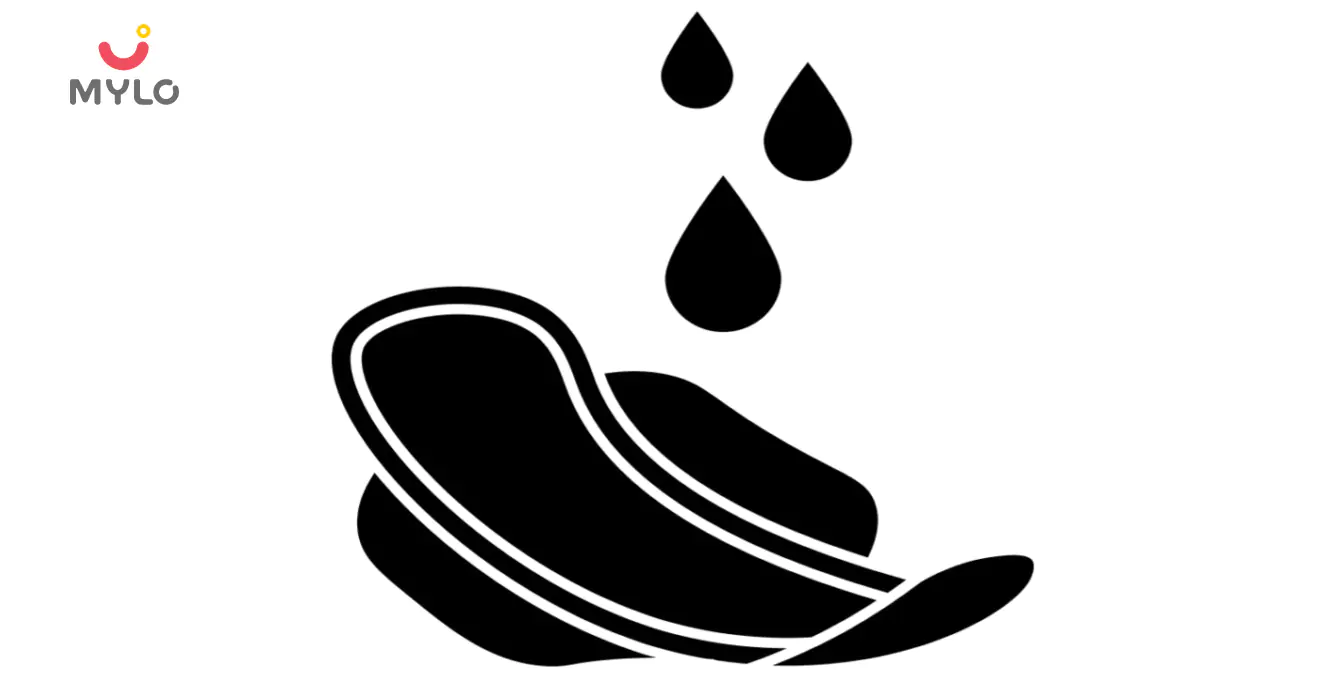
Black Period Blood: Is It Normal or a Cause for Concern?
- Lean PCOS: A Comprehensive Guide on Causes, Symptoms and Treatment
- PCOS Mood Swings: The Ultimate Guide to Causes and Strategies for Relief
- PCOS and Thyroid: Understanding the Complex Relationship and Finding Solutions
- Intermittent Fasting & PCOS: The Ultimate Guide to Benefits, Risks and Precautions
- Insulin Resistance & PCOS: A Comprehensive Guide to Causes and Management
- Your heart stops beating when your baby feels breathless! Here are 5 things to know about infant breathlessness.
- Newborn Crying: What It Means and How to Handle It?
- When Do Babies Make Eye Contact: Keeping an Eye on Important Milestones
- Is your baby getting breathless frequently? Five things you must know
- 50 Budget-Friendly Birthday Return Gift Ideas to Wow Your Guests
- PCOS Exercise: Your Guide to Sweating Away PCOS
- PCOS and Pregnancy: How to Manage PCOS on the Path to Parenthood
- PCOS Tests: The Power of Diagnostic Tests in Your Health Journey
- Must-Read Ruskin Bond Short Stories for Little Minds


AWARDS AND RECOGNITION

Mylo wins Forbes D2C Disruptor award

Mylo wins The Economic Times Promising Brands 2022
AS SEEN IN
















- Mylo Care: Effective and science-backed personal care and wellness solutions for a joyful you.
- Mylo Baby: Science-backed, gentle and effective personal care & hygiene range for your little one.
- Mylo Community: Trusted and empathetic community of 10mn+ parents and experts.
Product Categories
baby carrier | baby soap | baby wipes | stretch marks cream | baby cream | baby shampoo | baby massage oil | baby hair oil | stretch marks oil | baby body wash | baby powder | baby lotion | diaper rash cream | newborn diapers | teether | baby kajal | baby diapers | cloth diapers |




